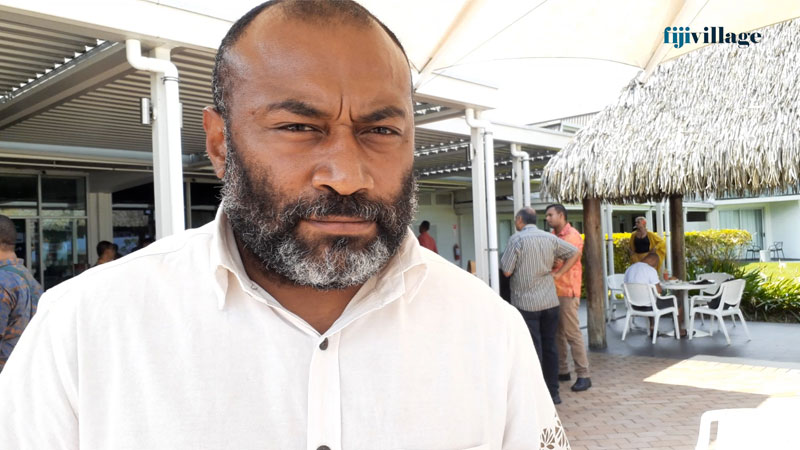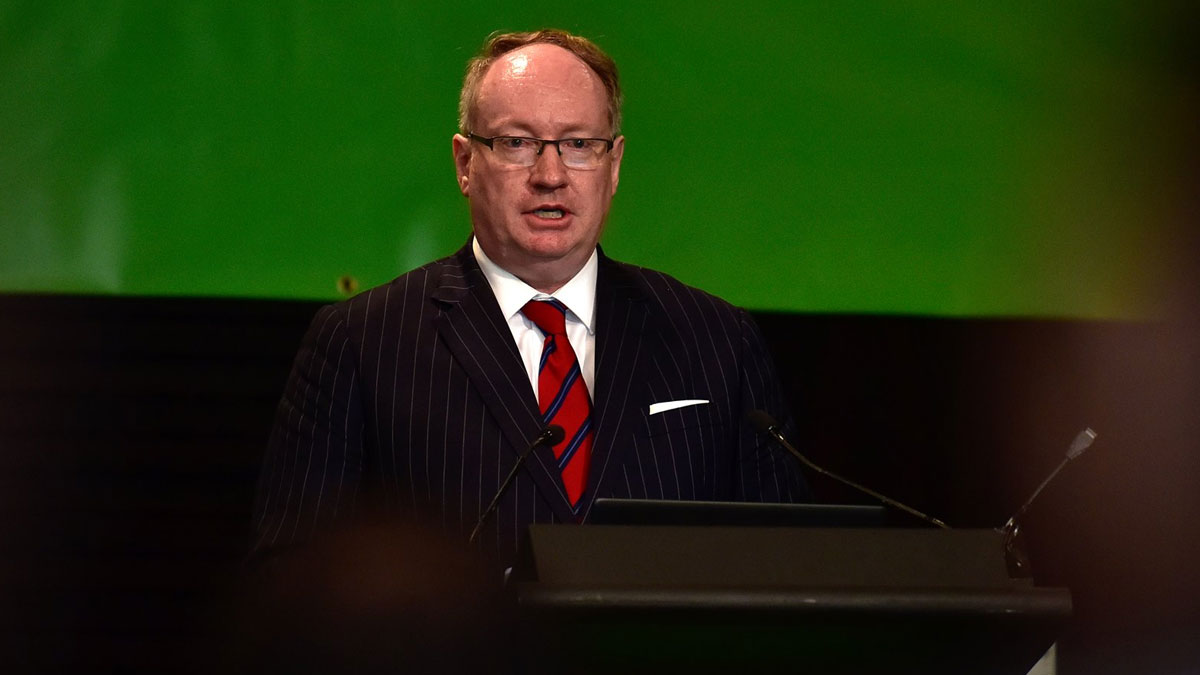
Health Minister, Doctor Ifereimi Waqainabete says Fiji is using COVID-19 vaccine, Oxford AstraZeneca as it is certified by the World Health Organisation and they are guided by the science that the vaccine is safe.
He says people should not be swayed by negative comments on social media as the vaccine has already been trialed, tested and declared safe.
The EU's medicines regulator states that there is no indication that the AstraZeneca vaccine is linked to an increased risk of blood clots.
The BBC reports that the regulator said the number of cases in vaccinated people was no higher than in the general population.
The statement came after a number of countries, including Denmark and Norway, suspended the use of the jab.
The suspension followed reports that a small number of people had developed clots after receiving the vaccine.
The BBC says there were also reports that a 50-year-old man had died in Italy after developing deep vein thrombosis following a dose of the jab.
However the European Medicines Agency said there is currently no indication that the vaccination has caused these conditions, which are not listed as side effects with this vaccine.
It says the vaccine's benefits continue to outweigh its risks and the vaccine can continue to be administered. It said there had been 30 cases among the five million Europeans who have received the jab.
AstraZeneca said the drug's safety had been studied extensively in clinical trials.
In the UK, the Medicines and Healthcare products Regulatory Agency (MHRA) said there was no evidence the vaccine had caused problems, and people should still go and get vaccinated when asked to do so.
It says blood clots can occur naturally and are not uncommon.
More than 11 million doses of the COVID-19 AstraZeneca vaccine have now been administered across the UK.
Meanwhile the ABC reports that waiting three months between the first and second dose of the AstraZeneca vaccine results in high efficacy, backing current recommendations from Australian authorities.
The study, which involved more than 17,000 participants and was published recently in The Lancet, found the vaccine — which most people in Australia will receive — had an 81 per cent efficacy rate when a second dose was given three months after the first.
This dropped to a 55% efficacy rate if the second dose was given less than six weeks after the first.
Stay tuned for the latest news on our radio stations


